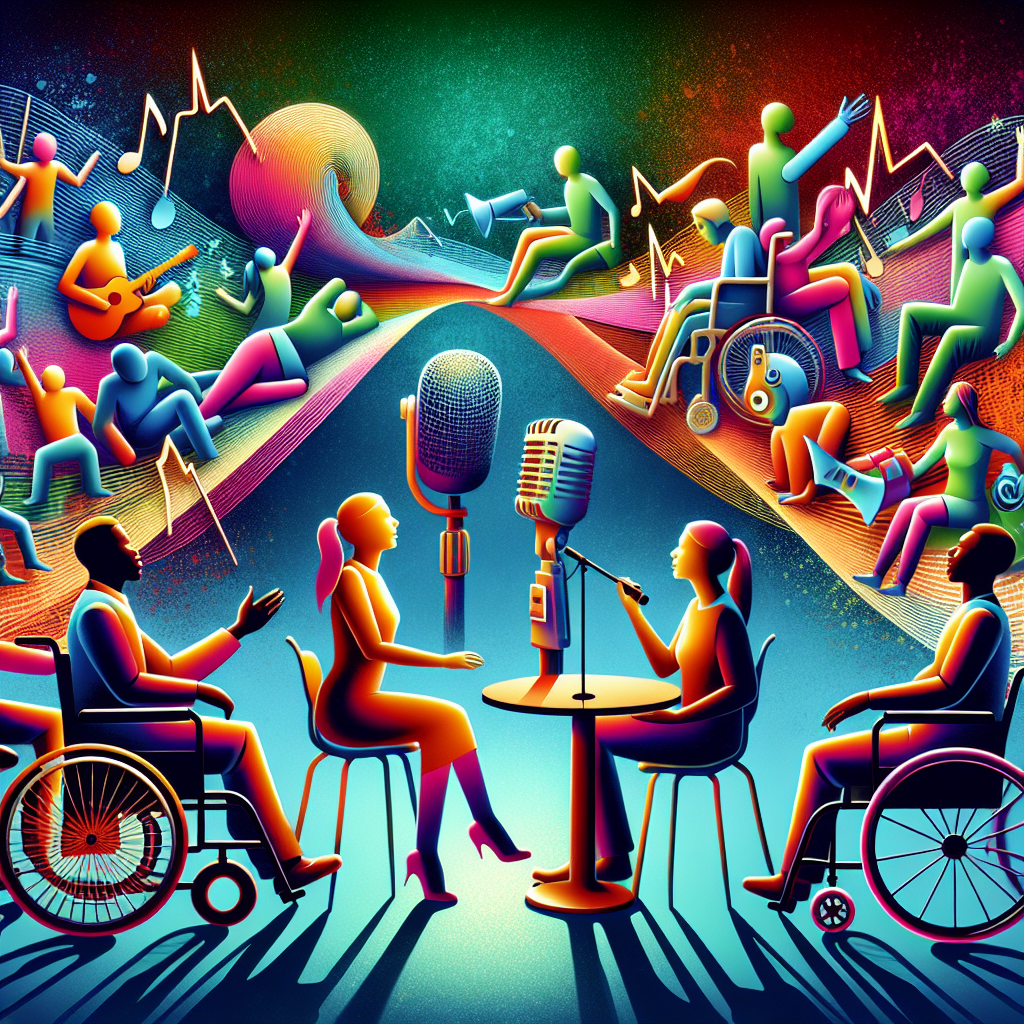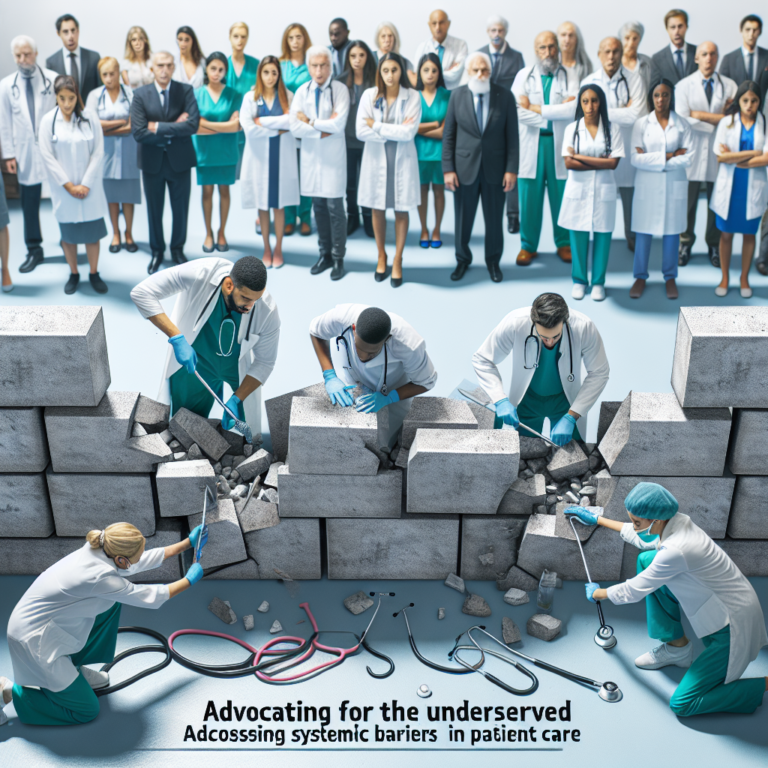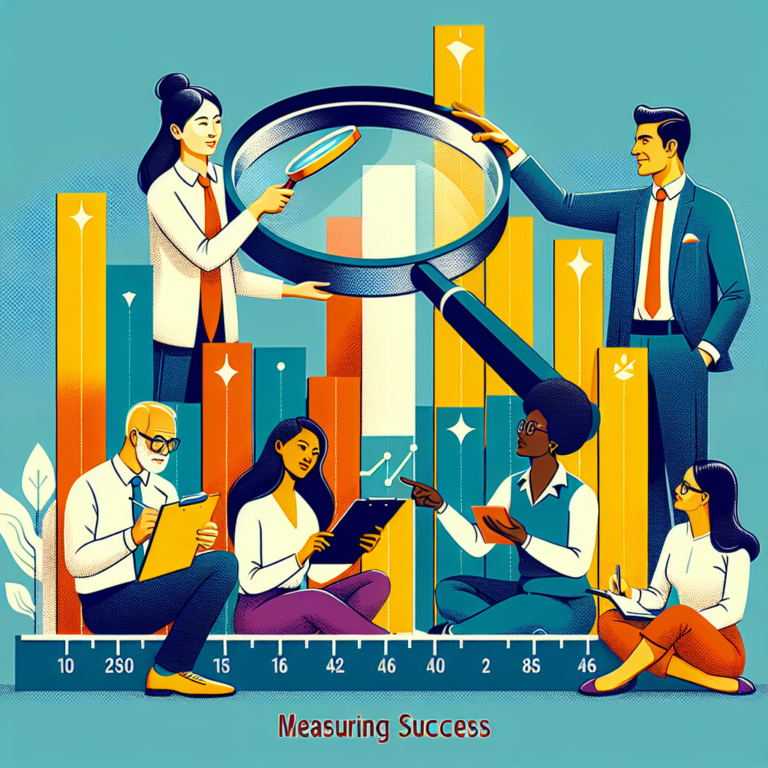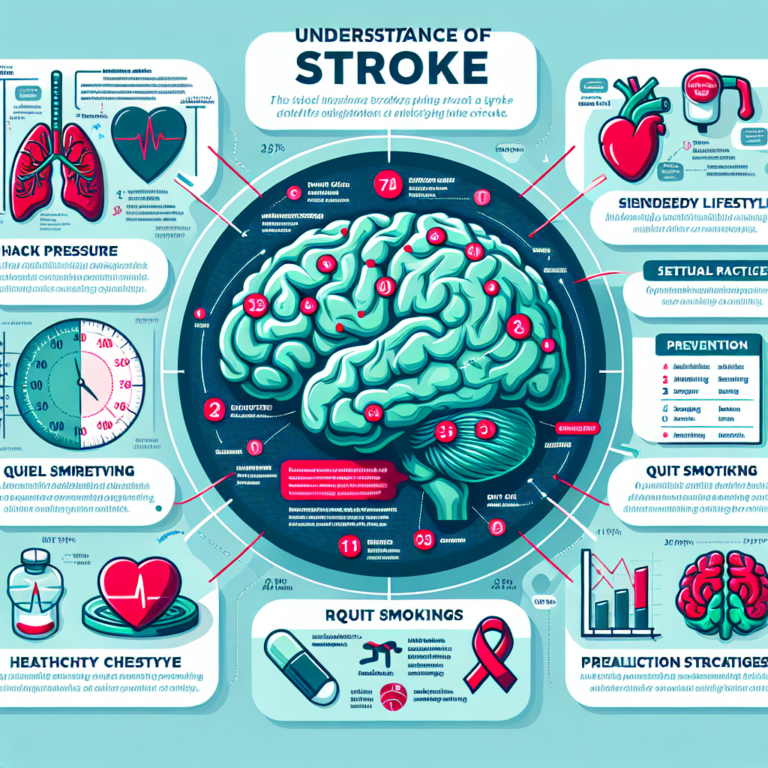
Introduction
In our increasingly diverse world, the voices of all individuals matter, yet many remain unheard due to societal barriers. Among these groups, people with physical disabilities often find themselves marginalized and underrepresented. This article explores Raising Voices: The Importance of Representation for People with Physical Disabilities, examining not only why it matters but also how representation can make tangible differences in communities, workplaces, and media narratives.
Imagine a world where every voice contributes to the chorus of our society—a world where the stories of individuals with physical disabilities are not just told, but celebrated. It’s time to shift the narrative and let these voices resonate!
The Significance of Representation
Understanding Representation
Representation extends beyond simple visibility; it embodies the authentic portrayal of diverse experiences and identities. For individuals with physical disabilities, representation is crucial as it:
- Validates experiences
- Enhances visibility in society
- Encourages social change
When voices are raised and diverse stories are shared, it enriches societal understanding and promotes empathy.
The Benefits of Representation
The impact of representation is profound. It fosters an environment of inclusion where everyone feels seen and heard. Let’s break down some tangible benefits:
| Benefit | Description |
|---|---|
| Increased Awareness | Awareness of the challenges faced by people with physical disabilities is heightened. |
| Empowerment | Representation empowers individuals to advocate for their rights. |
| Role Models | It creates role models for future generations, inspiring them to dream big. |
| Community Building | Representation fosters community and belonging, enabling collaboration and support. |
Case Studies: Real-World Impact
Case Study 1: The Success of the Netflix Series Special
The Netflix series Special, created by Ryan O’Connell, is a prime example of the impact of representation in media. O’Connell, who has cerebral palsy, tells his own story with humor and honesty, offering viewers an authentic perspective on life as a person with a physical disability.
Analysis of Relevance
This series challenges stereotypes and provides visibility to the experiences of those with disabilities, illustrating the importance of their voices in shaping narratives. By sharing these stories, the show cultivates understanding and acceptance, validating the importance of representation.
Case Study 2: The Paralympics
The Paralympic Games have increasingly garnered media attention and sponsorships, which positively showcases athletes with disabilities. The success and visibility of these athletes not only highlight their achievements but also inspire a generation.
Analysis of Relevance
Through increased coverage and representation, the Paralympics break down barriers, showcasing the abilities and potential of individuals with disabilities, thus reinforcing the essential notion of representation.
The Role of Social Media in Raising Voices
Beyond Traditional Platforms
Social media has revolutionized the way individuals with physical disabilities communicate, share experiences, and build communities. Platforms such as Instagram, YouTube, and Twitter provide unprecedented opportunities for these voices to emerge.
- Authentic Storytelling: Users can share personal journeys, challenges, and achievements, giving a face to the statistics.
- Creating Connections: Social media enables people to find communities, share resources, and provide support.
Impact on Public Perception
Social media campaigns that highlight the importance of representation can change perceptions and challenge stereotypes. Hashtags like #DisabilityAwareness and #CripTheVote catapult important conversations around representation into the public eye.
The Workplace: A Crucial Arena for Representation
The Need for Inclusive Hiring Practices
Diversity in the workplace is not merely a goal—it is essential for innovation and success. Companies benefit from a variety of perspectives, including those of employees with disabilities.
Key Statistics
- Organizations with a diverse workforce report 19% higher innovation revenue.
- 27% of companies with diverse management teams have better performance.
Policies for Inclusion
Implementing disability-friendly practices, such as flexible working conditions and accessible office spaces, is critical. These policies not only benefit employees with disabilities but also enhance overall workplace culture.
Educational Institutions: The Foundation for Change
Raising Voices in Education
Inclusive education is paramount in nurturing a society that values all voices. Educational institutions must ensure that students with physical disabilities have equal access to learning opportunities and representation within their communities.
Case Study: Disability Studies Programs
Institutions that offer Disability Studies programs provide a platform for critical discourse around representation, history, and rights. These programs equip students with the knowledge and advocacy skills necessary for effecting change.
Fostering Acceptance
Encouraging empathy and understanding among students from a young age can pave the way for a more inclusive society. Integrative programs, workshops, and events centered around disability representation can foster acceptance and awareness.
The Media’s Role in Representation
Shaping Public Discourse
The media plays a pivotal role in shaping societal views on disability. Inclusive representation in films, news coverage, and commercial advertising can change the narrative surrounding people with disabilities.
Case Study: A Quiet Place
The film A Quiet Place, featuring a deaf character portrayed by Millicent Simmonds, showcases how representation can be executed authentically. This portrayal encourages viewers to confront misconceptions about disabilities, fulfilling the mission of raising voices.
Championing Allyship and Advocacy
The Importance of Allies
Allies play an essential role in promoting the representation of individuals with physical disabilities. Advocacy can take many forms, including:
- Elevating voices in conversations
- Amplifying accessibility initiatives
- Supporting inclusive policies and practices
Encouraging Action
Encouragement for allies to utilize their platforms effectively can strengthen advocacy efforts. Hosting workshops and training sessions on disability awareness and inclusivity can empower allies and improve organizational cultures.
Conclusion: A Call to Action
Raising voices and understanding the importance of representation for people with physical disabilities isn’t just a moral imperative—it’s crucial for societal progress. The narratives and experiences of individuals with disabilities enrich our collective story, forging pathways toward inclusivity, and understanding.
By embracing diverse perspectives and fostering an equitable environment, we can cultivate a society where every voice matters and where empowerment is achieved through authentic representation. Let’s work together—for change starts with us.
FAQs
1. What does representation mean for people with physical disabilities?
Representation means including and authentically portraying the experiences and narratives of individuals with physical disabilities in various cultural, social, and professional spaces.
2. Why is representation important in media?
Representation in media challenges stereotypes, promotes empathy, and provides visibility to marginalized groups. It allows audiences to understand different experiences and fosters a more inclusive society.
3. How can workplaces promote better representation?
Workplaces can promote representation by implementing inclusive hiring practices, fostering a culture of accessibility, and encouraging open discussions around disability awareness.
4. What role does social media play in raising awareness?
Social media provides a platform for individuals with disabilities to share their stories, connect with communities, and challenge societal perceptions through authentic narratives and advocacy.
5. How can I become an ally to people with disabilities?
You can become an ally by educating yourself about the challenges faced by individuals with disabilities, advocating for inclusive practices, and using your platform to amplify their voices.
By focusing on Raising Voices: The Importance of Representation for People with Physical Disabilities, we take crucial steps toward building a future grounded in inclusivity, authenticity, and understanding. Join the movement to amplify these vital voices!

















